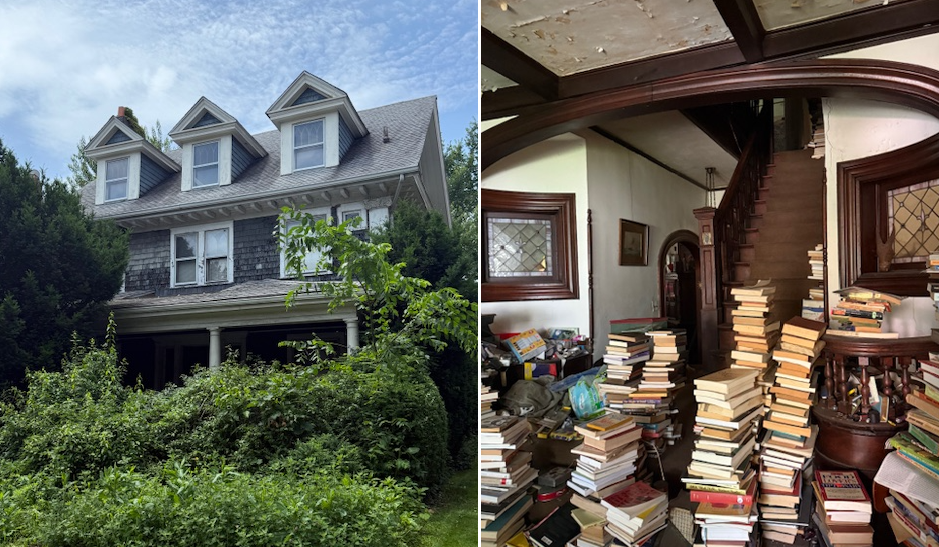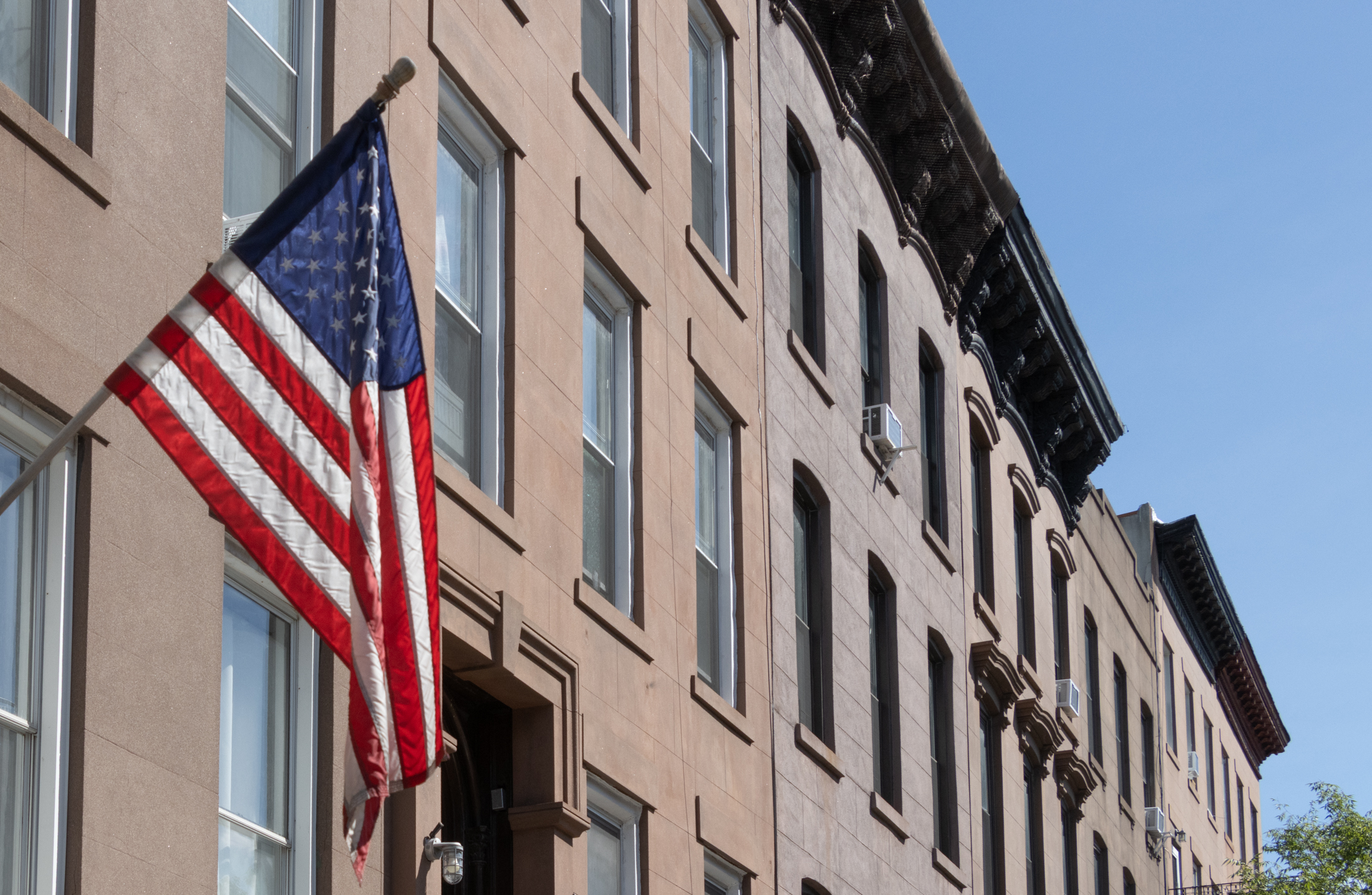Bird Blog: Week 15
Every week, Jennifer Mankins, owner of the Bird boutiques, tells us about the new 2,500-square-foot store on Grand Street in Williamsburg that she’s getting ready to open. Up this week: getting money back from the government, part 1. In order to obtain LEED certification, we need a commissioning agent, an engineer that oversees our energy…


Every week, Jennifer Mankins, owner of the Bird boutiques, tells us about the new 2,500-square-foot store on Grand Street in Williamsburg that she’s getting ready to open. Up this week: getting money back from the government, part 1.
In order to obtain LEED certification, we need a commissioning agent, an engineer that oversees our energy systems. He or she is hired to optimize our energy performance, to ensure that our HVAC works at maximum efficiency, for example. Since hiring a commission agent is mandatory, and not cheap, Mark Peterson, our project manager, began looking for an engineering firm early on in this process. Most of the firms he contacted said not to bother sending any information because the job was too small. But with some persistence, Mark found three firms who were interested. After Ole, our architect, completed the initial floor plans, Mark sent out packages to these engineering firms, explaining the project and our goals. While waiting for them to review the plans, he contacted NYSERDA to determine which of their programs would best fit our needs.
New York State Energy Research and Development Authority, NYSERDA (www.NYSERDA.org), was established in 1975 to solve some of New York’s most difficult energy and environmental problems in ways that improve the State’s economy. It’s a big organization and they fund a lot of programs, but for our purposes, Mark focused on the New Construction Program (NCP). [We’re also involved with the Small Commercial Lighting Program (SCLP), which is part of New York Energy $mart, a subsidiary of NYSERDA, but more on that later.] Basically, the NCP offers technical support by pairing business/building owners with commissioning agents and then offering financial incentives commensurate with anticipated energy improvements; if we got lucky, NYSERDA would help us find an commissioning agent and also help pay for the work that the agent recommended.
After many phone calls and transfers to other departments, applications were submitted and the project was officially considered by NYSERDA. Mark got a call from Gwen, who said that she’d be our outreach project consultant (OPC), serving as contact person between the client (me), NYSERDA, and the prospective engineering firm. Gwen suggested that Mark let her find the engineer, even though he had already requested proposals from a few firms. He agreed and Gwen sent out information about the project. Coincidentally, the first engineering firm she contacted was one that Mark had already approached. Our project was fresh in their minds and they were able to quickly respond. Their bid for fundamental commissioning? About $35k. Gwen called, saying that NYSERDA wouldn’t be able to help us after all because it just didn’t make financial sense. The amount of energy we would save didn’t warrant the cost. In the meantime, though, Mark had received another proposal. A different firm, but one that was also approved by NYSERDA, could do the same job for $12k. He quickly contacted Gwen, asking her to reconsider our project. Thankfully, she did.
Next week: a meeting with Gwen, the OPC and Lorey, representing the engineering firm, in which they try to explain what money is available and how we can get it.





Thanks for sharing. I also understand that hiring the commissioning agent can end up paying for itself, if they discover inefficiencies in the system. I remember reading about one project where the agent noticed something in the system hooked up incorrectly that ended up saving the owner thousands of dollars a year.
I think it’s great that you do this regularly.
Wow. 12k is still alot. Have to really maximize the HVAC to make that up! Look forward to hearing the details.